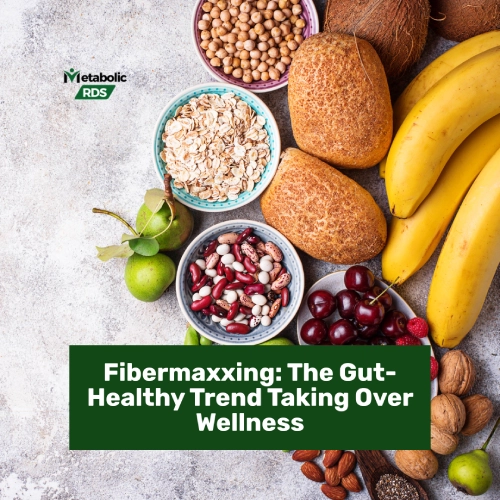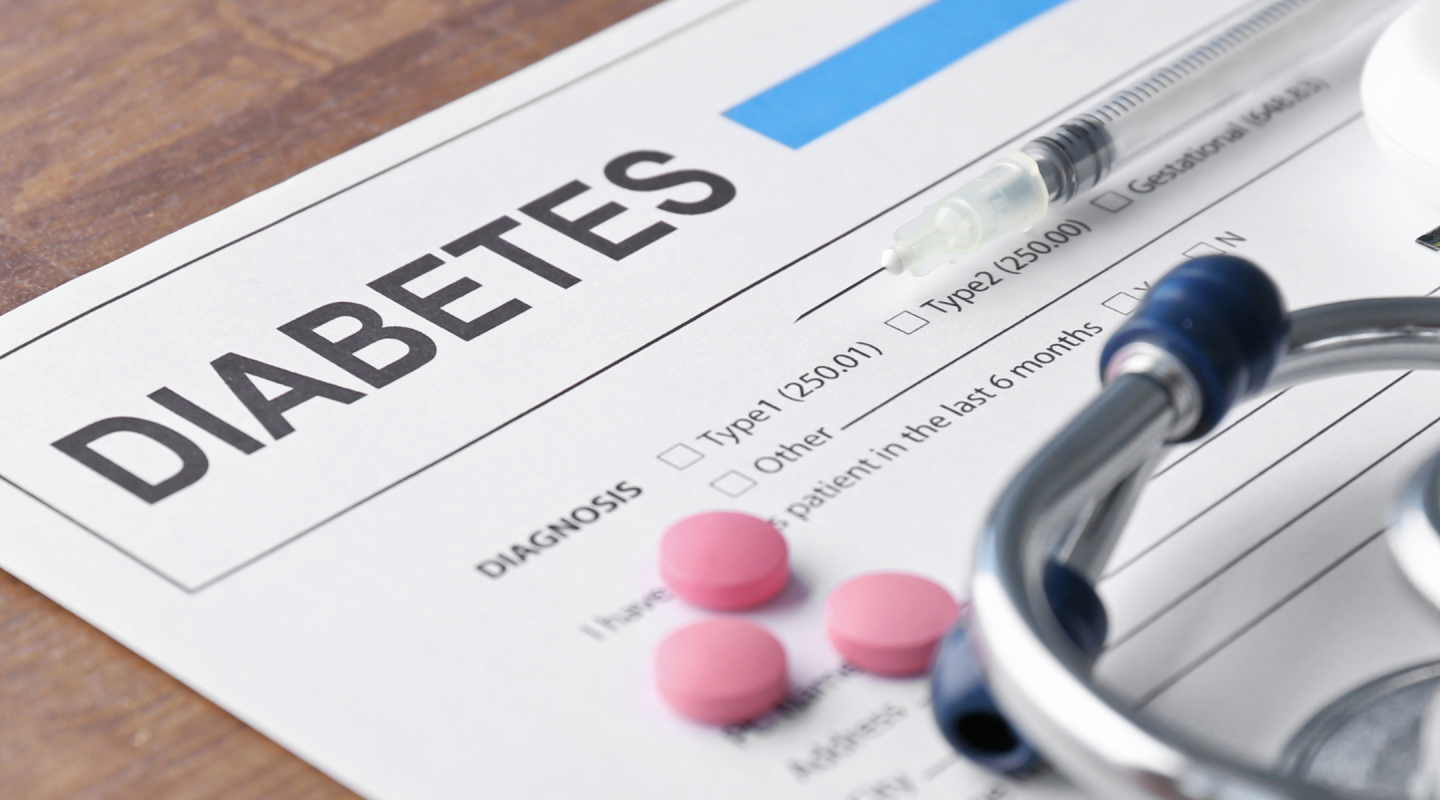By clicking “Accept All Cookies”, you agree to the storing of cookies on your device to enhance site navigation, analyze site usage, and assist in our marketing efforts. View our Privacy Policy for more information.
10 Ways to Rev Up Your Metabolism with Hydration
Youve probably been encouraged to drink at least 8 cups of water a day but maybe you struggle to drink that amount or arent even sure if that is amount that you need to manage your metabolism and weight- or just to even stay hydrated?
By
April 8, 2024

Are you wondering if you're drinking enough water to keep your metabolism from slowing down? Is dehydration preventing you from losing fat?
You've probably been encouraged to drink at least 8 cups of water a day but maybe you struggle to drink that amount or aren't even sure if that is amount that you need to manage your metabolism and weight- or just to even stay hydrated?
We get it! There are so many reasons why people don't drink enough water (and some people are actually drinking too much!).
This blog post will explain how hydration affects your metabolism and appetite as well as provide some tips on staying hydrated.
Let's dive in!
How Hydration & Dehydration Affects Metabolism
Now that we know how important water is for our bodies, let's see how it helps with metabolism.
Water plays a big part in lots of the things our bodies do to turn food into energy.
When we eat, our bodies break down the food into smaller pieces, and water helps with that process. It also helps our cells use the energy from food to do all the things they need to do to keep us alive and healthy.
But what happens if we don't drink enough water?
Well, that's when dehydration comes in. Dehydration is when our bodies don't have enough water to do all the things they need to do. When we're dehydrated, our metabolism slows down because our bodies can't work as efficiently.
This means we might feel tired, have trouble concentrating, or even get headaches. So, making sure we drink enough water is super important for keeping our metabolism running smoothly.
You might have heard the word "thermogenesis" before. It's a fancy word that means the process our bodies use to produce heat.
And guess what? Drinking water can actually help with thermogenesis! When we drink cold water, our bodies have to work harder to warm it up to our body temperature, which means we burn a few extra calories. So, by drinking water, we're not only staying hydrated, but we're also giving our metabolism a little boost!
Tips to Stay Hydrated
- Carry a Water Bottle: Take a reusable water bottle with you wherever you go to make it easy to sip water throughout the day. Tip: keep it clear so you're more aware of your intake and the water that is available!
- Set Reminders: Use alarms or phone reminders to prompt you to drink water regularly, especially if you're busy or tend to forget.
- Drink Before Meals: Have a glass of water before each meal to stay hydrated and help control your appetite. Tip: Aim for 12 ounces finished before every meal or snack!
- Eat Hydrating Foods: Incorporate fruits and vegetables with high water content, like watermelon, cucumbers, and oranges, into your meals and snacks.
- Flavor Your Water: Add slices of lemon, cucumber, or berries to your water for a refreshing twist without added sugars or calories.
- Use a Straw: Drinking through a straw can make it easier to consume more water without even realizing it.
- Keep Track: Use a water tracking app or journal to monitor your daily water intake and ensure you're meeting your hydration goals.
- Drink Throughout the Day: Avoid waiting until you're thirsty to drink water. Instead, sip water consistently throughout the day to maintain hydration.
- Choose Water Over Sugary Drinks: Opt for water instead of sugary sodas, sports drinks, or juices to avoid excess calories and maintain hydration.
- Listen to Your Body: Pay attention to signs of dehydration, such as thirst, dry mouth, or dark urine, and drink water whenever you notice them. Tip: urine should typically be pale yellow, not clear and not dark.
Hydration and Hunger: Weight Loss
Maintaining proper hydration is not only important for quenching thirst but also plays a role in managing weight.
When it comes to weight loss, staying hydrated can help by keeping you feeling full and preventing overeating. Sometimes, our bodies can confuse thirst with hunger, leading us to eat when we're actually just thirsty.
By drinking enough water throughout the day, we can reduce the chances of snacking unnecessarily and consuming extra calories.
Hydration also supports metabolism, especially during exercise.
When you're working out, your body sweats to help cool itself down, leading to water loss. Drinking water before, during, and after exercise helps replenish lost fluids, keeping your body functioning optimally. Proper hydration ensures that your muscles can work efficiently, allowing you to exercise for longer periods and burn more calories.

Hydrating Foods: Easy Mode
Some foods, like fruits and vegetables, have a high water content and incorporating them into your healthy meals can be super easy and tasty too! One way is by adding convenient, frozen vegetables to your meals. You can add frozen veggies to soups, stir-fries, or even pasta dishes for a nutritious boost.
Another great option is to enjoy a fresh salad with lots of hydrating ingredients. Load up your salad with fresh veggies like cucumbers, tomatoes, and lettuce, which are all packed with water. You can also add some protein like grilled chicken or chickpeas to make it a satisfying and healthy meal. Planning your meals ahead of time with the help of a registered dietitian can make incorporating hydration into your diet even easier. They can help you create a meal plan that includes plenty of hydrating foods and fits your busy schedule.

Check out a salad option that includes hydrating fruit! Video and Recipe here.
If you're looking for an easy meal that's also hydrating, consider making a smoothie. Blend together some frozen fruits like berries or mango with yogurt and a splash of water or coconut water for a refreshing and hydrating treat. With these convenient and delicious options, staying hydrated while enjoying a healthy meal has never been easier!
Hydrating Your Metabolism
Understanding hydration involves more than just drinking water. Different beverages can have varying effects on hydration levels. While water is the best choice for staying hydrated, other drinks like herbal tea and milk can also contribute to your fluid intake. However, beverages like soda and energy drinks, which contain caffeine and sugar, can actually lead to dehydration if consumed in excess.
In hot weather or during physical activity, it's crucial to monitor hydration levels closely. Sweating increases water loss from the body, so it's essential to drink more fluids to compensate. Signs of dehydration include feeling thirsty, dry mouth, dark-colored urine, and fatigue. By drinking water regularly and taking breaks to rest and rehydrate during activity, you can prevent dehydration and stay energized.
Electrolytes play a vital role in maintaining hydration balance in the body. These minerals, including sodium, potassium, and magnesium, help regulate fluid levels and support muscle function. While water is essential for hydration, electrolytes are also necessary, especially during prolonged or intense exercise. Sports drinks and electrolyte-enhanced waters can help replenish electrolytes lost through sweat and maintain proper hydration levels.
Most people don't need these electrolyte drinks, however, unless they are sweating excessively for at least 45 minutes.
Summary
Hydration is essential for maintaining overall health and well-being. Studies have shown that drinking water before meals can reduce calorie intake, potentially aiding in weight loss efforts. Additionally, staying hydrated may help enhance metabolism and fat oxidation during physical activity, further supporting weight management.





